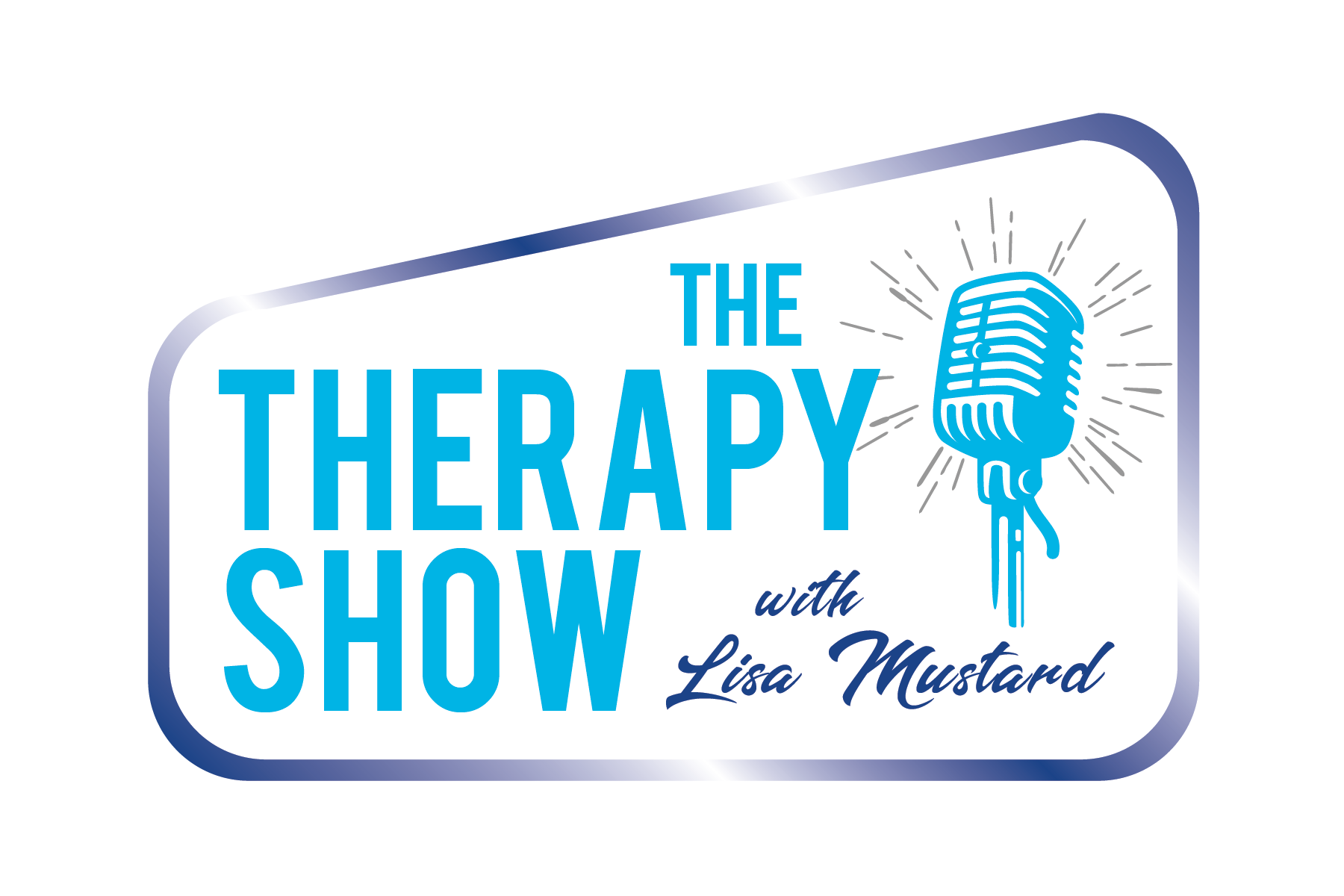How Free Speech Supports Mental Health: Dr. Chloe Carmichael on “Can I Say That?”
If you are a therapist or counselor looking for continuing education, check out my NBCC Approved $5 Podcourses and other continuing education offerings. Plus, get your first Podcourse half off.
How Free Speech Supports Mental Health: My Conversation with Dr. Chloe Carmichael
As a therapist and podcast host, I’m always looking for conversations that push us to think differently about mental health, communication, and connection. In this week’s episode of The Therapy Show, I sat down with Dr. Chloe Carmichael, a clinical psychologist and USA Today bestselling author, to discuss her new book Can I Say That? Why Free Speech Matters and How to Use It Fearlessly.
This topic couldn’t be more relevant. In today’s culture, many of us hesitate to share our thoughts and beliefs - whether it’s in a therapy room, a family gathering, or on social media. That hesitation often comes from fear: fear of rejection, fear of conflict, or fear of being misunderstood. But what if self-censorship is actually hurting our mental health?
The Link Between Free Speech and Mental Health
Dr. Chloe explained that authentic self-expression is more than just speaking your mind; it’s a psychological process that reduces anxiety and improves relationships.
-
Naming emotions calms the brain. Research shows that when we label our feelings, it decreases activity in the amygdala (the brain’s fear center). Simply saying “I feel angry” or “I feel anxious” helps our body regulate stress.
-
Holding things in can backfire. Just like anger management clients learn to express frustration before it builds into an outburst, we need healthy ways to voice our thoughts instead of bottling them up.
-
Authenticity strengthens connection. Suppressing our voice can create distance in relationships. Honest dialogue, even when we disagree, lays the foundation for respect and trust.
🫐Sponsored by Berries: Use code TherapyShow50 for $50 off your first month - CLICK HERE.🫐
My Own Experience Speaking Up
During our conversation, I shared a personal story: recently, I spoke my mind during a heated political discussion with a loved one. While it was uncomfortable and even left me shaken, I realized how freeing it was to express myself honestly.
Yes, the conversation was messy. Yes, it stirred up old wounds. But it also showed me the power of speaking my truth, even when others don’t agree. Dr. Chloe validated that experience as a form of catharsis—the release that comes from putting thoughts into words.
Why Therapists Need This Conversation
As therapists, many of us were taught to avoid politics, religion, and other “taboo” topics in session. Yet more and more clients want to know where their therapist stands. Some even fear being pathologized for their political or personal beliefs.
Dr. Chloe pointed out that with 90% of therapists identifying as liberal, it’s important to recognize how this ideological imbalance may impact our clients. If we’re not mindful, we risk alienating half the population.
Her call to therapists:
-
Stay curious instead of reactive.
-
Embrace the phrase “agree to disagree.”
-
Model what it looks like to engage in authentic, respectful dialogue.
Practical Strategies from Can I Say That?
Dr. Chloe’s book isn’t about arguing - it’s about learning to use our voice responsibly and courageously. Here are a few takeaways she shared:
-
Differentiate between self-censorship and healthy restraint. Not every thought needs to be said, but muzzling ourselves entirely is unhealthy.
-
Practice mindfulness. Journaling, self-reflection, and observing thought patterns help us express ourselves with more calm and clarity.
-
Signal neutrality. For therapists, blogging or sharing content that emphasizes open dialogue can show clients that your practice is a safe space for diverse viewpoints.
-
Build your “expression muscles.” Like any skill, honest communication gets easier with practice. Start small, then grow.
Why This Matters
We live in polarized times. Families, friendships, and professional spaces are strained by division. But as Dr. Chloe reminded me, the antidote isn’t silence - it’s connection through words.
When we practice speaking authentically, listening openly, and respecting differences, we not only improve our own mental health - we also model the kind of dialogue our communities desperately need.
Learn More
If you’re curious about the science and strategies behind free speech and mental health, I encourage you to check out Dr. Chloe Carmichael’s book Can I Say That? Why Free Speech Matters and How to Use It Fearlessly. You can learn more at FreeSpeechToday.com.
And of course, you can listen to my full conversation with Dr. Chloe on The Therapy Show.
🧠 Get my Coping with Political Stress Ebook and Peaceful Politics AI Guide
🗣 Therapist Conversation Framework: Politics in Session A printable PDF with 97 questions to navigate political talk in therapy—without taking sides.
💬 Solution-Focused Therapy Guide
72 questions + prompts to help adult clients clarify goals and move forward using SFT.
